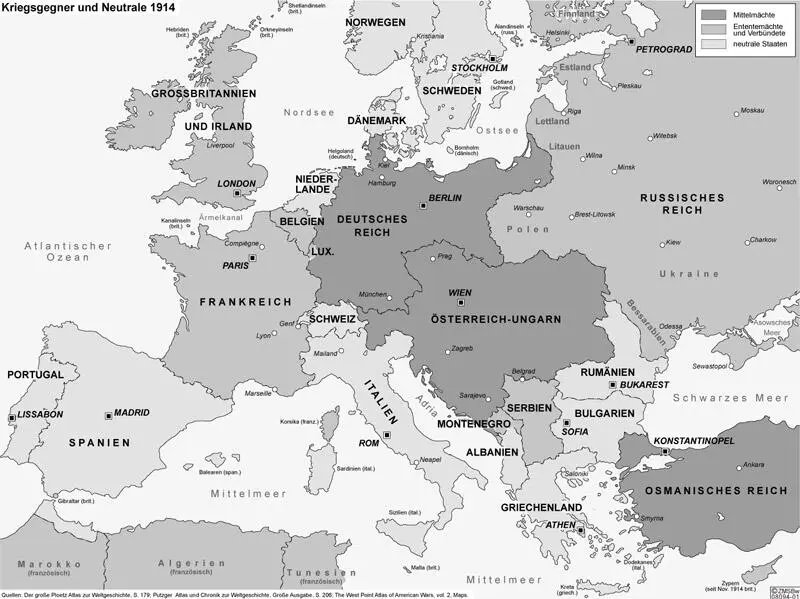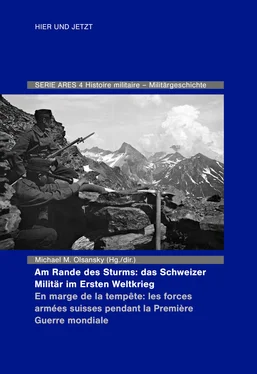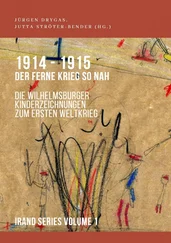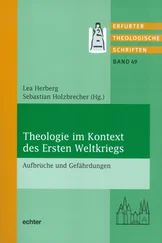Klinkert’s argument is an important one and can be extended to other neutrals as well (Switzerland included). While defending the principle that the neutrals in the First World War deserve and need to be studied, Klinkert also insists that the distinctions between neutrals and belligerents should be preserved. I agree: neutrals were not belligerents and their war experiences were (by and large) quite different from most belligerent societies. The danger of accepting Klinkert’s premise, however, is that it risks marginalising the neutrals to the edges of the war and potentially denies them a degree of agency in the conflict. It tends to assume that because the «military war» happened outside neutral borders the neutrals’ role in the conflict was peripheral. Leaving the neutrals out of the mainstream history of the war or removing them to the edges of the storm, makes their war histories exceptional. It also suggests that neutrality was an exceptional response to warfare in general.
The purpose of this chapter is to argue that there was no such thing as exceptional neutrality in 1914 (not even for Switzerland), that neutrality was an expected and desired response for states going into the war and that the totalisation of the First World War should be considered within the framework of the collapse of the viability of nineteenth-century conceptions of neutrality. For neutrality did not have the same meaning attached to it in 1918 as it did in 1914. The war transformed the ways in which belligerents conducted their warfare and the ways in which non-belligerents could survive a military conflict. In the process, the war altered the global balance of power and mitigated the application of neutrality in international affairs.
With very good reason, the Swiss consider their history as a neutral country exceptional. Charting it from its inceptions in the early modern era to the present, neutrality has had extraordinary impact on Swiss national and cantonal history. This chapter is not going to revisit or engage directly with that vast historiography. I am not a historian of Switzerland. However, my research on the uses, applications and conceptualisations of neutrality in the period 1815–1918 suggests that Swiss neutrality in the «long» nineteenth century and during the First World War was neither extraordinary nor exceptional. 7Or to put it slightly differently: although Switzerland was an exceptional state with a unique past (and a particular and unique national history), its neutrality was neither exceptional nor unique during these about hundred years. Its neutrality would become unique in part because of the changes to the international system brought about during the First World War. The point is particularly important for when the First World War broke out, the Swiss state behaved in very similar ways to other neutral states and did so within a framing of neutrality that was founded on international legal precepts, rights, obligations and precedents.

Exceptional Swiss neutrality? Europe and the neutral states 1914 at the outbreak of war (Source: Zentrum für Militärgeschichte und Sozialwissenschaften der Bundeswehr, ZMSBw).
We commit the historical sin of anachronism if we apply our twentieth-century bias towards neutrals and neutrality in analysing the nineteenth-century world and the Great War that brought that century to a dramatic and disastrous close. 8For in the European world that evolved in the aftermath of the Congress of Vienna (1815), neutrality underwent a transformation. It no longer operated as an exceptional status in time of war as it had during the early modern era. Neutrality would undergo another transformation during the First World War itself. Charting the longer-term history of neutrality highlights just how flexible neutrality is (and was) as a concept that moulds itself to and is moulded by the international system in which it operates.
Between 1815 and 1914, in all the wars of the world, there were always more neutrals than belligerents. Some of these neutrals were neutralised by great power decree (like Switzerland and Belgium), others volunteered their neutrality as a long-term position (like the United States, the Scandinavian countries and the Netherlands), but most declared their neutrality at the outbreak of war. They were occasional neutrals.
After 1815, most European governments, in fact, took care to announce their declarations of neutrality when others went to war. This fact ensured that the «long» nineteenth century was an age of limited war, by which I mean do not that the conduct of particular wars were militarily limited (although they sometimes were) but rather that their geo-strategic and economic reach was purposely restrained and restricted. Only the Crimean War (1853–1856) involved more than two great European powers but even this conflict did not extend much beyond the Crimean Peninsula, the Russo-Ottoman border regions and the Baltic Sea. Importantly, in all these wars, there was almost no distinction made between the expected behaviour of neutral states. That is to say, it did not matter if a country was permanently or voluntarily neutral or a great or small power: the same expectations existed in terms of their relationship with any belligerents, to the global economy, to the laws of war and neutrality, and to each other.
Nevertheless, neutrality remained a contested idea – it was not always welcomed or supported – but its internationalist values were on the rise. Nineteenth-century neutrals were often seen to do «good» in the world. Neutral states facilitated humanitarian aid in time of war. Their existence promoted peace and international stability. They offered viable options for advancing international order, transnational cooperation, and the regulation of international law. And they provided essential services to mitigate the impact and spread of war, including «good offices», mediation and arbitration. The Swiss delegate at the first Hague peace conference of 1899, Édouard Odier, for example, referred to neutrals as pacigérants («the managers of peace») and deemed neutrals to have a particularly important role in stabilising world affairs. 9By 1900, there certainly were a lot of long-term and voluntary neutrals about. In the Russo-Japanese War (1904–1905), for example, all of Europe professed its neutrality, as did the United States, all of Latin America and most Asian governments, including China and Korea. The neutrality of both these countries was complicated by the military conduct of the war.
In a world where war was an acceptable choice for any government, the nineteenth century made not going to war an acceptable choice as well. By the early twentieth century, in fact, the only legitimate choice for war between supposedly «civilised» states was in defence of vital interests. 10For those states that opted for neutrality (in contrast to those whose neutrality was a permanent reality), the choice of non-belligerency often came with benefits: protecting trade with other neutrals and in non-contraband goods and to profit from not having to make the choice to go to war. Neutrality aided industrialisers, imperialists, entrepreneurs and those seeking to advance the inter-connectedness of the world. Britain’s on-going neutrality particularly guaranteed the freedom of the seas and protected the global movement of ships, people, resources and ideas. Nineteenth-century globalisation thrived on the reality of limited war and global neutrality. 11
In other words, through the course of the nineteenth century, neutrality developed into an «international good». Anglo-European states proudly adopted neutrality and imbued their assertions of nationhood with neutral values. For example, the Belgian politician and jurist, Éduard Descamps, noted in 1902 that neutrality was a «natural vocation» for Belgium, situated as it was between the might of France and Germany, helping to sustain the political equilibrium in Europe. 12Similarly, Dutch projections of their national virtue focussed on the internationalist, cosmopolitan, liberal and anti-militarist values promoted by their neutrality in Europe and the wider world. 13Often, these projections were commercially self-serving.
Читать дальше













